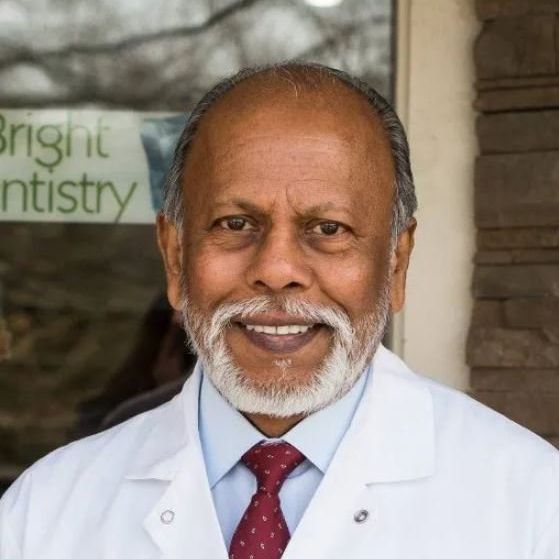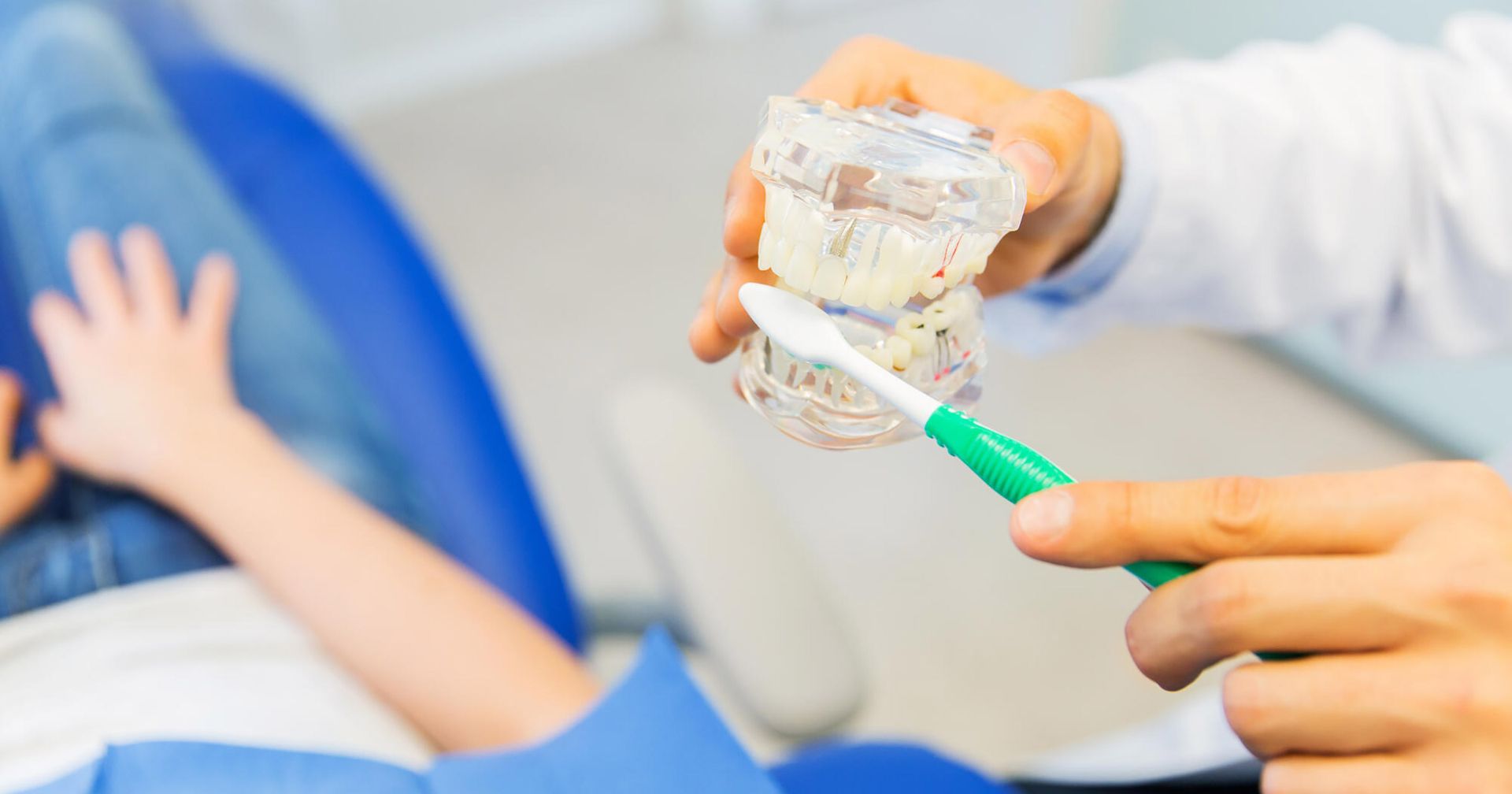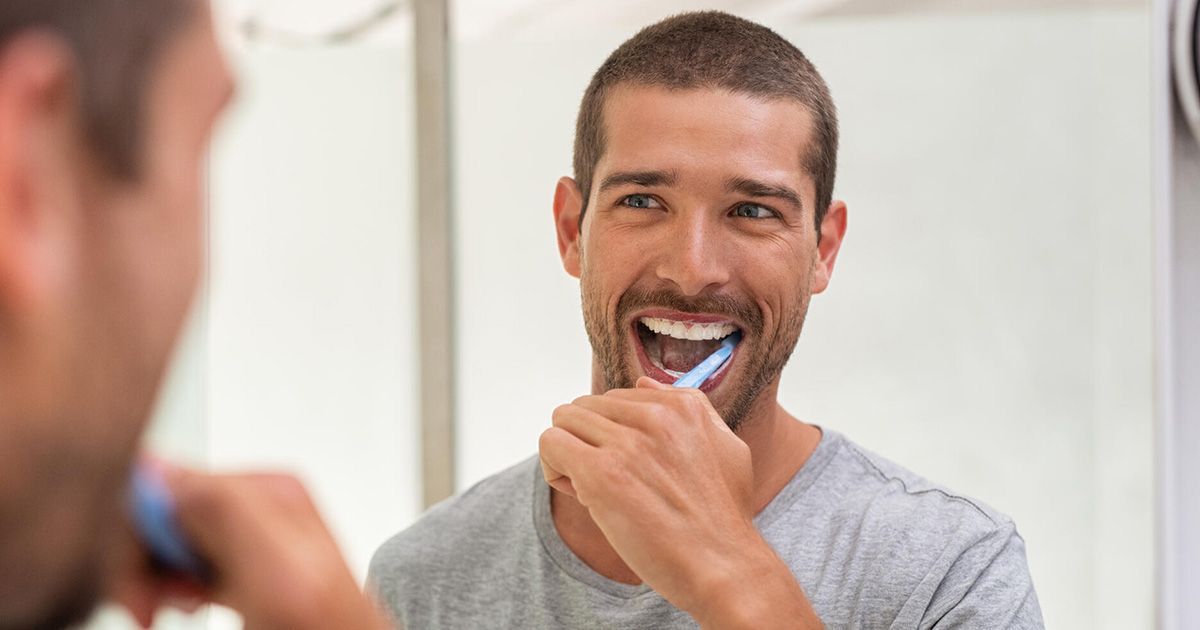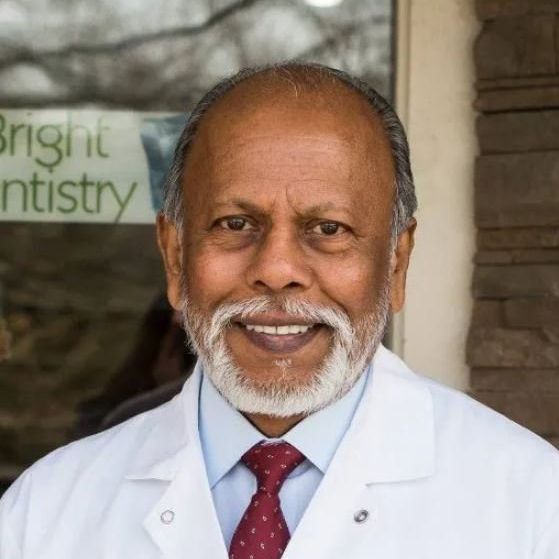Dental Implant vs Crown: What's the Difference?
You have options when it comes to your dental treatment plan. Read here for a comparison of a dental implant vs crown to find out the difference.
Missing teeth can devastate your self-confidence.
A gap in your smile can make you feel embarrassed in social situations or affect your eating and speaking.
Traditional solutions, like dentures, often involve discomfort and maintenance issues.
Understanding your options is the first step toward making the best decision for your dental health, whether it's due to an accident, decay, or wear and tear over time.
Our easy-to-understand breakdown provides all the information necessary to determine whether dental implant vs crown options best suit your needs. Stick around and read our informative guide before scheduling your next dentist appointment.
What Is a Dental Implant?
Imagine having a solution for missing teeth that feel and function like natural teeth. Dental implants can be an excellent alternative to partials or dentures if you only have issues with a few teeth.
How Dental Implants Work
Dental implants have two main parts: a titanium post that's surgically inserted into the jawbone, acting as a root for the new tooth, and a crown that is attached to the post, providing the appearance of a natural tooth. This process not only restores the tooth but also prevents the bone loss that often follows tooth loss, helping to maintain your facial structure.
When You Need Dental Implants
Dental implants suit individuals who have lost one or more teeth for various reasons, such as severe decay, gum disease, or trauma. Dental implants might be the solution you're looking for if you're facing problems with biting, chewing, or speaking because of missing teeth.
They are ideal for patients seeking a more permanent solution that doesn't need the constant change or replacement that dentures might need.
Dental implants offer a standalone restoration option for those looking for dental solutions that do not alter adjacent healthy teeth. You need enough bone density and good health to undergo the surgical procedure for implant placement.
What Is a Dental Crown?
Consider a dental crown the knight in shining armor for a damaged tooth. When a tooth gets cracked, decayed, or otherwise compromised, dentists can place a crown over it to restore its shape, strength, size, and appearance.
How Dental Crowns Work
Crowns mimic the tooth's exterior, allowing for a restoration that looks and feels natural. Dental professionals can make them from various materials, including porcelain, ceramic, and gold. They tailor each one to meet the aesthetic and functional needs of the patient.
When a tooth's structure, appearance, or functionality needs restoration, dentists use dental crowns. They are beneficial for teeth that have undergone significant decay and where fillings cannot solve the issue because of the extensive loss of structure. In root canal treatment, crowns protect the remaining tooth structure and ensure its functionality.
When You Need a Dental Crown
Crowns are the go-to option for improving the appearance of discolored or poorly shaped teeth, providing a cosmetic solution that enhances one's smile.
Teeth subject to wear and tear from grinding or cracking and at risk of breaking also benefit from dental crowns' protective and restorative properties.
Key Differences Between Implants and Crowns
Understanding the distinctions between dental implants and crowns is crucial for making an informed decision about dental health. While both options aim to restore function and aesthetics, their approach and application differ.
Placement and Structure
The fundamental difference lies in how they're used. Dental implants replace the entire tooth, from root to crown. But dental crowns cover an existing, albeit damaged, tooth.
Longevity and Stability
While both options are durable, implants stand out for their longevity. With proper care, implants often last a lifetime. Crowns, though long-lasting, need replacement after 10 to 15 years.
Maintenance and Oral Hygiene
You can care for implants like natural teeth. They need regular brushing, flossing, and dental check-ups. Crowns need similar care but demand careful cleaning around the crown to avoid decay or gum disease.
Candidacy and Suitability
Not everyone is a candidate for dental implants; adequate jawbone density and healthy gums are prerequisites. However, if enough teeth are left to support them, crowns are a more universal solution.
Choosing Between Implants and Crowns
While implants offer a long-term solution for missing teeth, crowns provide a simpler and quicker fix for damaged teeth. A thorough consultation with a trusted dental professional in Brewster, NY, can help you weigh these factors and choose the best option for your needs and lifestyle.
Pros and Cons of Dental Implants
Dental implants' advantages go beyond aesthetics and functionality. They offer a foundation for long-term oral health.
- Prevents bone loss, maintaining facial structure
- Functions like natural teeth offer significant comfort
- Does not affect adjacent teeth
However, dental implants are not without their challenges. They have a higher upfront cost. The surgical procedure is a long, more involved treatment process. Dental implants restore their smile and invest in a solution that benefits their dental well-being.
Pros and Cons of Dental Crowns
Now, turning our attention to dental crowns, we find distinct advantages that cater to preserving the natural tooth while enhancing its durability and appearance. Crowns offer a practical and aesthetically pleasing solution for correcting dental imperfections without surgical interventions.
- Less expensive up front
- Can be completed in a few visits
- Effective solution for restoring damaged teeth
Despite their benefits, dental crowns have drawbacks. They don't prevent bone loss associated with tooth loss. Over time, they may wear out or even detach, causing further dental appointments for repair or replacement.
Dental Implant vs. Crown: Know the Difference
Deciding between a dental implant vs. crown involves considering your dental issue, the cost, and what you envision for your long-term dental health. Understanding the differences is key to making a choice that aligns with your needs and goals.
At Putnam Bright Smile Dentistry, we are committed to personalized, patient-centered care. Our team understands the importance of trust and transparency in your dental care plan.
Ready for the next step in your dental health journey? Contact Putnam Bright Smile Dentistry to
request an appointment. We'll help you explore your options and find the right dental treatments in Brewster, NY.
Dr. Rohit Z Patel
D.D.S
After graduating at the top of his class, Dr. Patel continued his postgraduate studies in endodontics at Columbia University College of Dental Medicine in New York. He was appointed to assistant clinical professor of dentistry at Columbia University and later moved on to teach at the Montefiore Medical Center’s Department of Dentistry. Westchester Magazine recognized Dr. Patel as a “Top Dentist for 2012.”
Dr. Arpita Patel
D.D.S
Dr. Arpita S. Patel graduated with a DDS degree from the university College of Dentistry in 2015. Dr. Patel is experienced with an array of restorative dentistry procedures, including dental implants and many other treatments that can improve dental health, function, and appearance.
Dr. Yung Kim
D.D.S
Dr. Yung Kim is a double board certified Periodontist and board certified Prosthodontist, educated to treat many extremely complex disorders involving gum disease, tooth decay, and oral pathology. His focus is on full-mouth, complex, surgical, and reconstructive dentistry. He has extensive knowledge of implant dentistry and advanced surgical procedures, specializing in teeth in a day and All-on-Four implants. He is also Invisalign certified and experienced with CAD/CAM restorations and dentures.
Dr.Santvana Vyas
D.D.S
Dr Vyas attended NYU College of Dentistry and earned DDS in 2016 at the top of her class. She was inducted into Omicron Kappa Upsilon (OKU), the national dental honor society and earned Outstanding Achievement Award in study of Prosthodontics.
Dr Vyas is an active member of American College of Prosthodontics (ACP) and American Dental Association (ADA). She is appointed as a Clinical Assistant Professor at NYU College of Dentistry. She is married and is blessed with two sons.

















